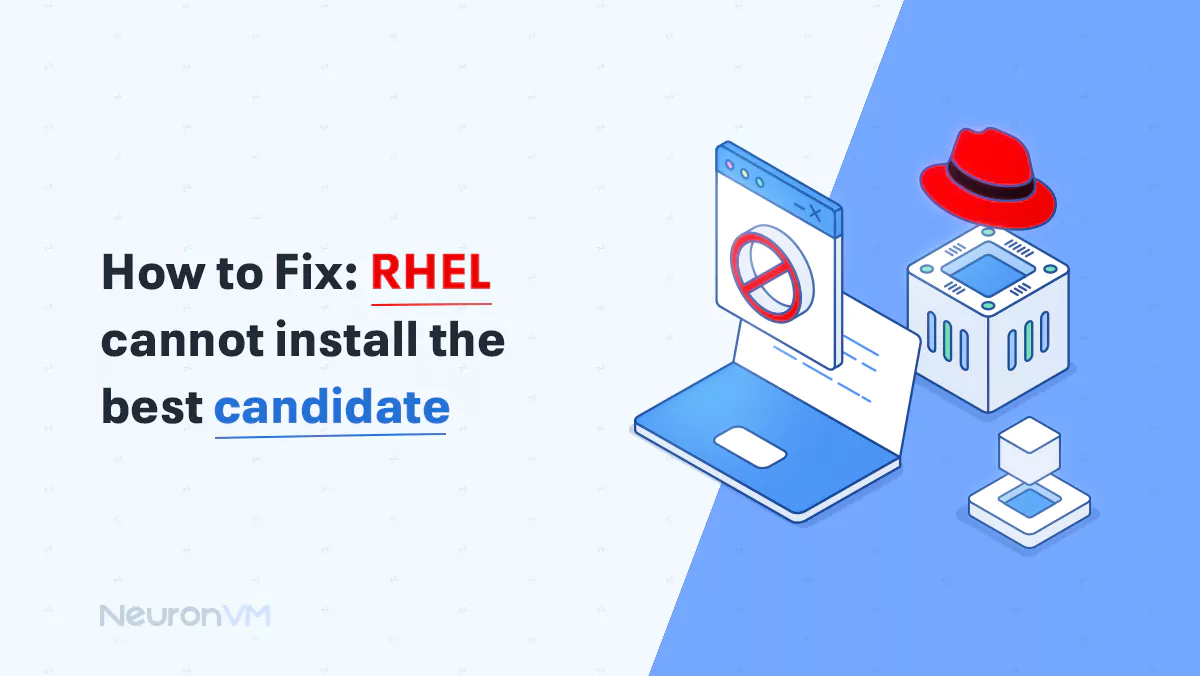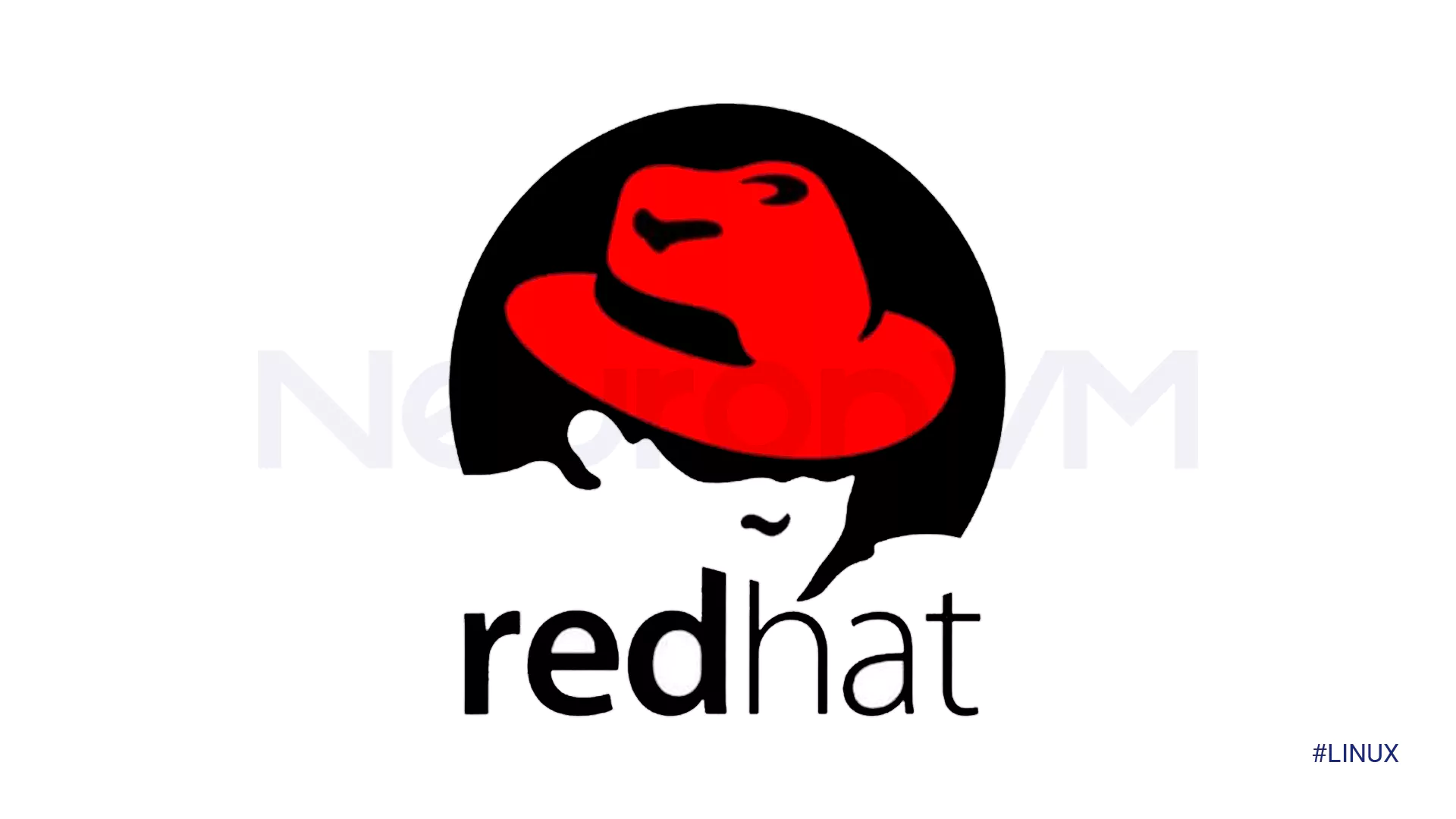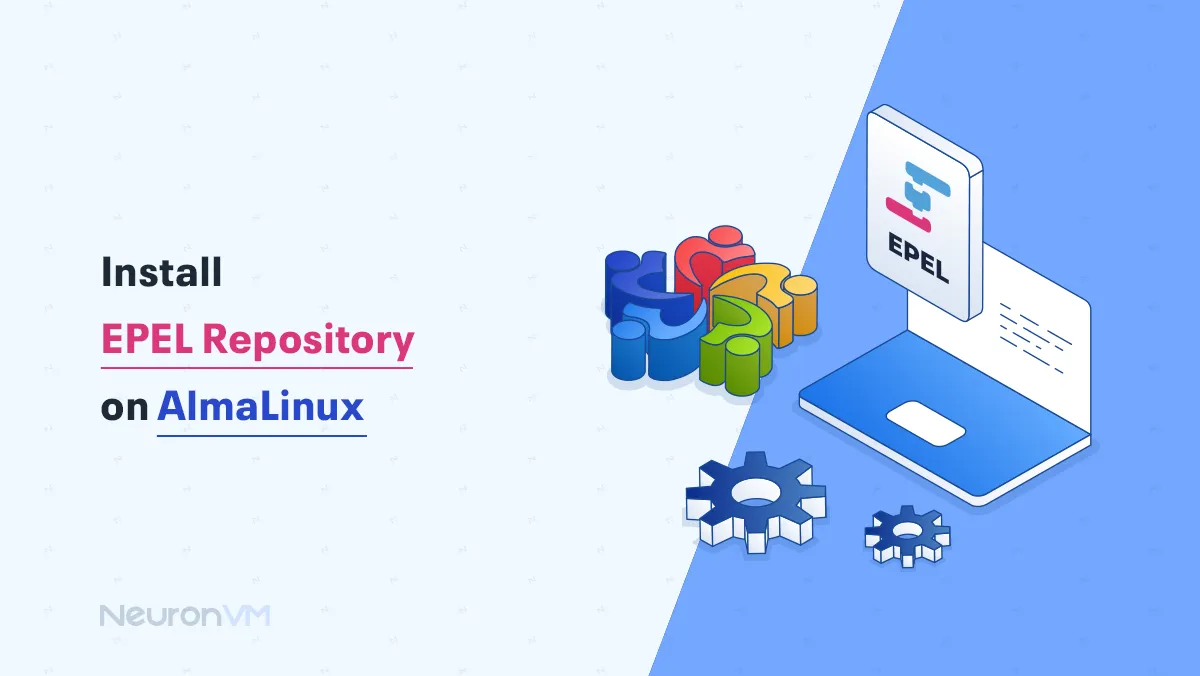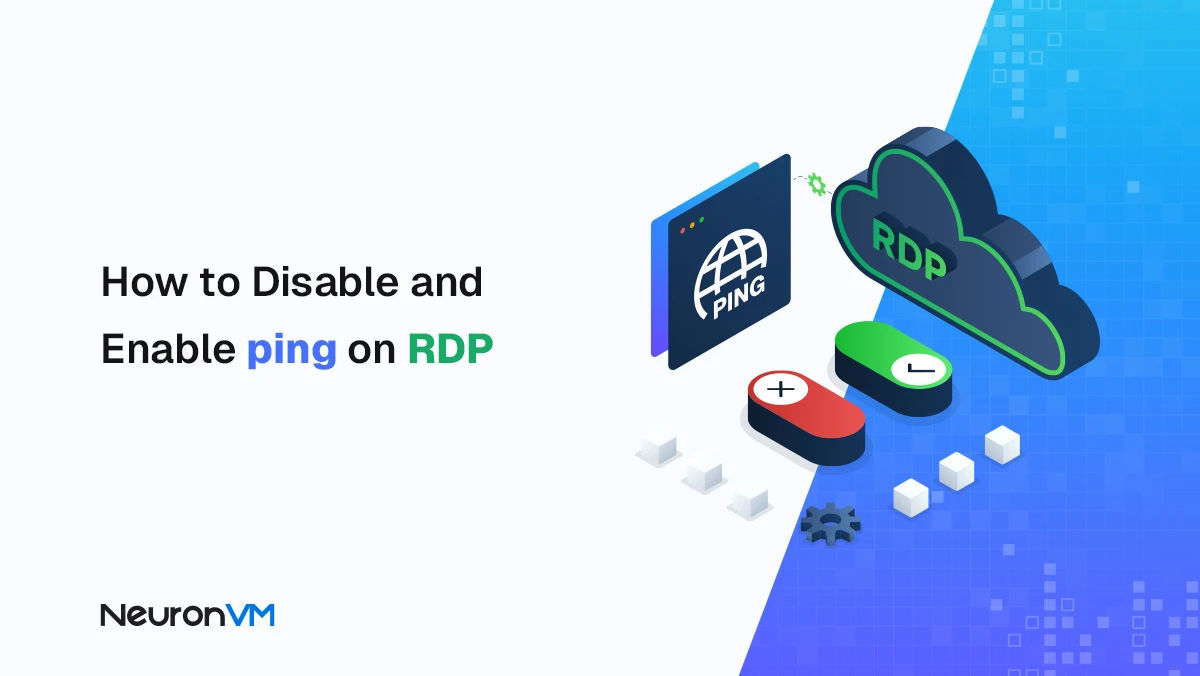How to Fix: Rhel cannot install the best candidate

 6m
6m
 0 comments
0 comments
Now that you are on this topic, you likely have a problem with RHEL Enterprise Linux or have encountered the rhel of not installing the best candidate message. In this educational title, we have decided to provide the best method to solve this problem of your system. But first, it should be noted that this error occurs when the package manager (usually ‘yum’ or ‘dnf’) cannot resolve the dependencies of the package you are trying to install, or when it exists.

Rhel cannot install the best candidate
To solve “Rhel cannot install the best candidate” problem, you can go through the following steps:
1- Check your Repository configuration
In the first step, it should be checked whether the problem is with the configuration of the tank or not? For this, you can check the configuration in /etc/yum.repos.d/ files.
bash ls /etc/yum.repos.d/
You should check that the repositories listed there are enabled and configured correctly for your version of RHEL.
2- Clear the cache
Clear the cache using the command below. So run the following command for dnf`:
bash sudo dnf clean all
Also for yum:
bash sudo yum clean all
After clearing the cache, update your package list. For dnf:
bash sudo dnf makecache
For yum:
bash sudo yum makecache
3- Update the system
This is one of the most common problems that occurs in most older systems. Therefore, another way to solve the rhel cannot install the best candidate error is to update old systems. For dnf:
bash sudo dnf update
For yum:
bash sudo yum update
4- Check for conflicting packages
Another possibility that may have happened to you is the presence of conflicting packages that can prevent the installation of other packages. To check the existence of these types of packages, use the following command.
bash sudo dnf list installed | grep <package-name>
5- Use “–best” and “–nobest” options.
Another best method you can implement to fix this error is to force the system to install “nobest” because sometimes “yum” and “dnf” options try to install the best version and this causes Incompatibility to occur. Doing this will install the desired version directly. For dnf:
bash sudo dnf install <package-name> --nobest
6- Enable/disable repositories
If you suspect that some repositories are not compatible with each other, you can manage the repositories by enabling/disabling them with the following command.
bash sudo dnf --disablerepo=<repo-name> install <package-name>
7- Check module streams
If you are using RHEL 8 or later, you need to enable module streams with the following command.
bash dnf module list
To activate specific modules, use the following command.
bash sudo dnf module enable <module-name>:<stream>
8- Try installing packages manually
If the error keep persists, It is possible that despite all these efforts, the error of your system is still not resolved. In this case, we recommend that you import the packages individually and manually to solve the errors one by one and continue.
Conclusion
Now the cannot install the best candidate error should be resolved for you, but if you are still dealing with the cannot install the best candidate error and cannot resolve it, you can check the logs in /var/log/yum.log » or check “/var/log/dnf.log” or get help from forums or support. Thank you for your participation in this tutorial and we hope it will be useful for you.






